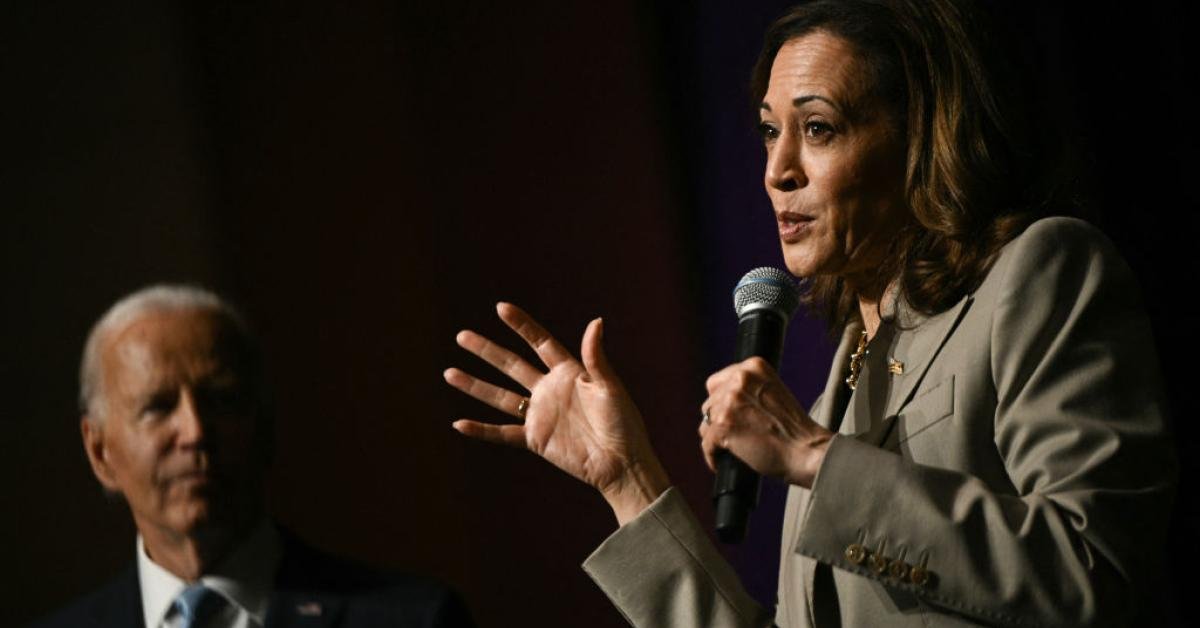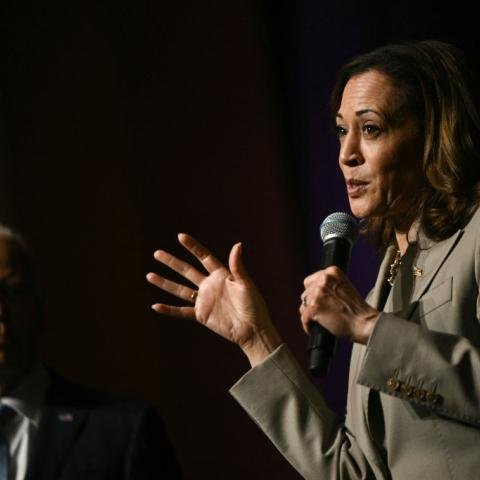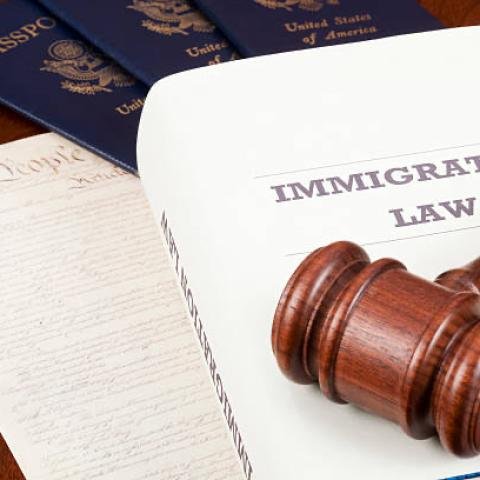
In former Vice President Kamala Harris’ forthcoming memoir, she said “it was recklessness” for her to not convince then-President Biden to drop out of the 2024 presidential race earlier.
In an excerpt of the memoir, “107 Days,” Harris explains her view of the relationship with her former running mate.
“Was it grace, or was it recklessness? In retrospect, I think it was recklessness,” Harris wrote of her decision not to convince Biden to exit the race sooner, the New York Post reported.
Biden dropped his reelection bid in July 2024, after a terrible debate performance the previous month with GOP presidential challenger Donald Trump. His halting performance exposed a cognitive decline in the then-81-year-old candidate that was carefully protected but eventually exposed.
“The stakes were simply too high,” also writes Harris, who is considering another presidential bid in 2028. “This wasn’t a choice that should have been left to an individual’s ego, an individual’s ambition. It should have been more than a personal decision.”
She defended her choice to not say anything “during all those months of growing panic” about Biden’s cognitive health as a sign of her being a “loyal person.”
Harris also said that she didn’t speak up because of her “delicate status” within the White House.
She wrote that when she was “attacked … on everything from my laugh, to my tone of voice, to whom I’d dated in my 20s, or claimed I was a ‘DEI hire,’ the White House rarely pushed back with my actual résumé.”
“They had a huge comms team; they had Karine Jean-Pierre briefing in the pressroom every day. But getting anything positive said about my work or any defense against untrue attacks was almost impossible,” Harris said. “Worse, I often learned that the president’s staff was adding fuel to negative narratives that sprang up around me.”
She suggested that the reason was partly because polls showed her popularity was inching closer to Biden’s.
“Their thinking was zero-sum: If she’s shining, he’s dimmed. None of them grasped that if I did well, he did well. That given the concerns about his age, my visible success as his vice president was vital,” Harris wrote.
“It would serve as a testament to his judgment in choosing me and reassurance that if something happened, the country was in good hands. My success was important for him. His team didn’t get it.”
She also said regarding her decision not to convince Biden to drop out that “the American people had chosen him before in the same matchup,” and she stayed quiet about her own concerns because “It was just possible he was right about this, too.”
“And of all the people in the White House, I was in the worst position to make the case that he should drop out. I knew it would come off to him as incredibly self-serving if I advised him not to run. He would see it as naked ambition, perhaps as poisonous disloyalty, even if my only message was: Don’t let the other guy win.”
“’It’s Joe and Jill’s decision.’ We all said that, like a mantra, as if we’d all been hypnotized,” Harris wrote.
She also said that she would have stepped in if she thought Biden was incapacitated.
“Many people want to spin up a narrative of some big conspiracy at the White House to hide Joe Biden’s infirmity. Here is the truth as I lived it. Joe Biden was a smart guy with long experience and deep conviction, able to discharge the duties of president. On his worst day, he was more deeply knowledgeable, more capable of exercising judgment, and far more compassionate than Donald Trump on his best,” Harris wrote.
“But at 81, Joe got tired. That’s when his age showed in physical and verbal stumbles. I don’t think it’s any surprise that the debate debacle happened right after two back-to-back trips to Europe and a flight to the West Coast for a Hollywood fundraiser.”
“I don’t believe it was incapacity. If I believed that, I would have said so. As loyal as I am to President Biden, I am more loyal to my country,” she said.




